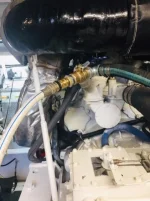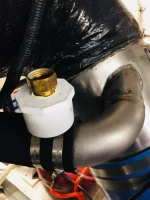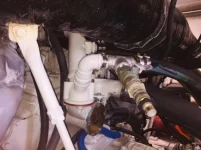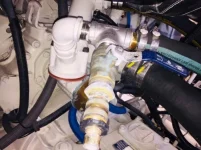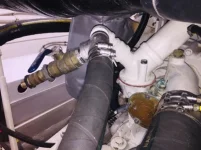Westfield 11
Legendary Member
- Joined
- Jul 12, 2007
- Messages
- 1,001
- Status
- OWNER - I own a Hatteras Yacht
- Hatteras Model
- 63' COCKPIT MY (1985 - 1987)
Question about Genesis’s Heat Exchanger cleaning
I’m assembling the parts to clean my HE’s and I was wondering how much raw water is spilled when opening the system or if there is a process to drain the seawater first. Where are you opening it up and can I get a bucket under there to catch it?
I’m assembling the parts to clean my HE’s and I was wondering how much raw water is spilled when opening the system or if there is a process to drain the seawater first. Where are you opening it up and can I get a bucket under there to catch it?

